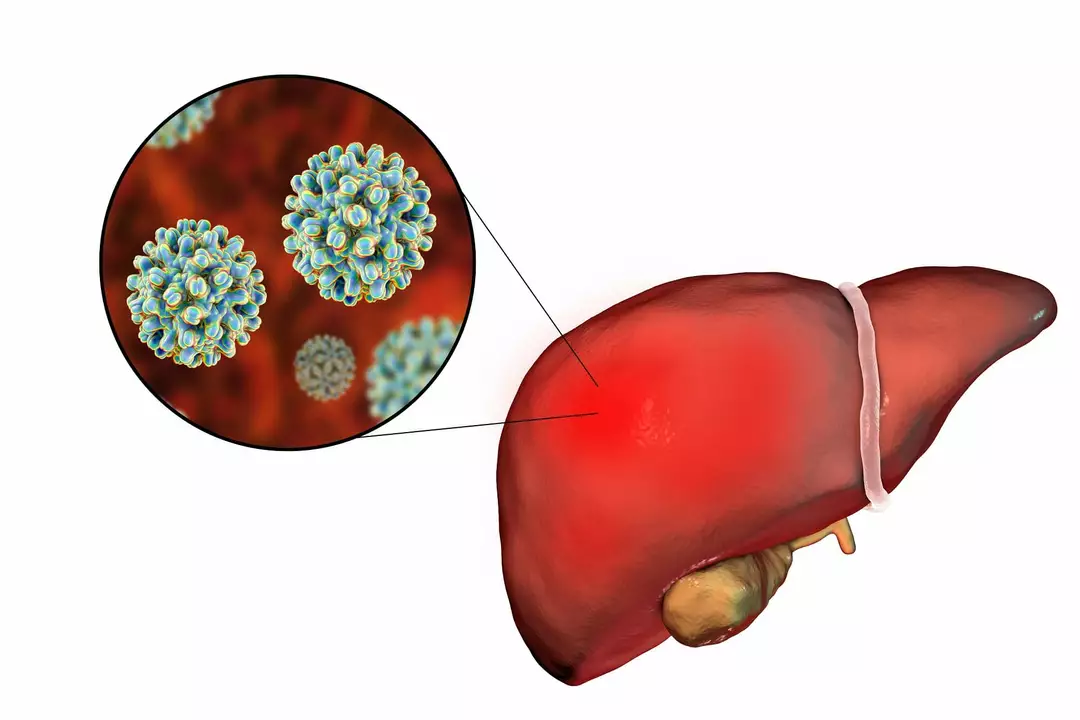Hepatitis: Causes, Symptoms, and Treatment Options
If you’ve heard the word “hepatitis” and wonder what it really means, you’re not alone. Hepatitis simply refers to inflammation of the liver, which can happen for several reasons—viral infections, alcohol use, or even certain medicines. The liver does a lot for your body: it cleans blood, stores energy, and helps digest food. When it’s inflamed, those jobs get shaky, and you might feel off.
There are five main types that doctors talk about most often: A, B, C, D, and E. Hepatitis A and E usually come from contaminated food or water and tend to clear up on their own. B, C, and D spread through blood or sexual contact and can become chronic, meaning the liver stays irritated for years.
How Hepatitis Shows Up
Early signs are easy to miss because they feel like a bad flu—fatigue, mild fever, loss of appetite, and a vague tummy ache. Some people notice yellowing of the skin or eyes (jaundice), dark urine, or pale stool. If you have any of these symptoms after a risky exposure, get checked. A simple blood test can tell which hepatitis virus you might have.
Don’t assume you’re fine just because you feel okay. Chronic hepatitis B or C often has no obvious signs until the liver is already damaged. Regular screening is key if you’ve had tattoos, shared needles, or unprotected sex with a new partner.
Managing Hepatitis: What You Can Do Today
The good news is that most hepatitis cases have clear treatment paths. For viral hepatitis A and E, rest, hydration, and avoiding alcohol let the liver heal on its own. Hepatitis B can be controlled with antiviral pills that keep the virus from multiplying. Hepatitis C used to need long‑term injections, but today’s direct‑acting antivirals cure more than 95% of cases in just a few weeks.
Beyond medication, lifestyle tweaks help your liver bounce back faster. Cut out alcohol, eat plenty of fresh fruits and veggies, and stay active. If you’re on medicines that can stress the liver, ask your doctor if lower doses or alternatives exist.
If you’ve been diagnosed, keep up with follow‑up appointments. Your doctor will monitor liver enzymes, check for scarring (fibrosis), and adjust treatment as needed. Early intervention can prevent serious problems like cirrhosis or liver cancer.
Vaccines are another powerful tool. A safe, effective vaccine exists for hepatitis A and B—getting them is the easiest way to stay clear of those infections. No vaccine covers C, D, or E yet, so prevention still relies on good hygiene, safe sex, and not sharing needles.
Feeling overwhelmed? Reach out to a trusted online pharmacy like MyCanadianHealthcareMall for reputable medication options and expert advice. We can help you find the right prescription, answer questions about side effects, and ship directly to your door with discreet packaging.
Bottom line: hepatitis is manageable when you know the basics—what type you have, how it shows up, and which steps protect your liver. Stay informed, get screened if you’re at risk, and don’t hesitate to talk to a healthcare professional about treatment plans that fit your life.
Ursodiol and Hepatitis: Can This Medication Help with Viral Liver Diseases?
As a blogger who's passionate about health, I recently came across a fascinating topic: Ursodiol and its potential benefits for viral liver diseases like Hepatitis. Ursodiol is a medication primarily used to treat gallstones and primary biliary cholangitis. While researching, I found out that some studies suggest Ursodiol may help alleviate liver inflammation and improve liver function in patients with viral hepatitis. However, it is essential to note that more extensive research is needed to confirm these findings and determine the appropriate dosage for treating hepatitis. Until then, it's crucial for people with viral liver diseases to consult with their healthcare provider for the best treatment options.












